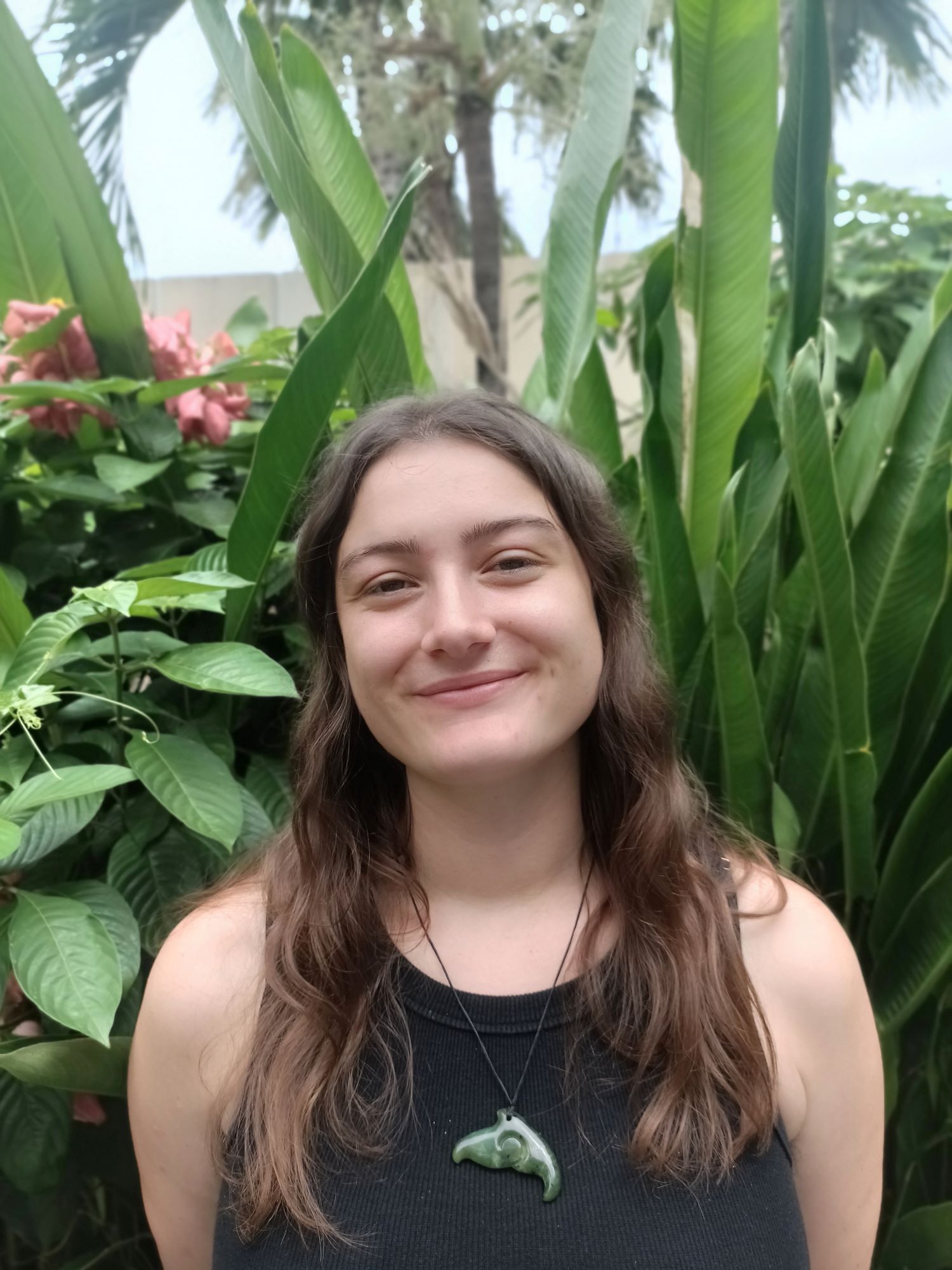Systemic failures in drinking water systems can result in significant health risks. In Aotearoa, past outbreaks, which include the largest reported water-borne campylobacteriosis outbreak in the world, in Havelock North in 2016, have highlighted the severe impact of waterborne diseases.
Current microbial water quality testing relies on monitoring for the faecal indicators of total coliforms (TC) and Escherichia coli - 19th century technology that fails to capture the full spectrum of potential pathogens and lacks insight into contamination sources. Metagenomics technology can identify all the genetic material present in a water environment and will be a paradigm shift for drinking water management. While it is now economically and practically feasible to apply metagenomics, there is a pressing need for fundamental science to underpin this tool’s implementation.
The current study sits within a larger MBIE Endeavour project (start date October 2024) and builds off a previous Te Niwha project to support the validation of metagenomics as a drinking water surveillance tool. Specifically, the current project aims to validate metagenomics testing as a cost-effective surveillance tool to support Marae within the Ngāi Tahu Takiwā with the provision of clean, safe drinking water and monitor changes in source water over time.
>> PROJECT STARTED - 1st November 2024


